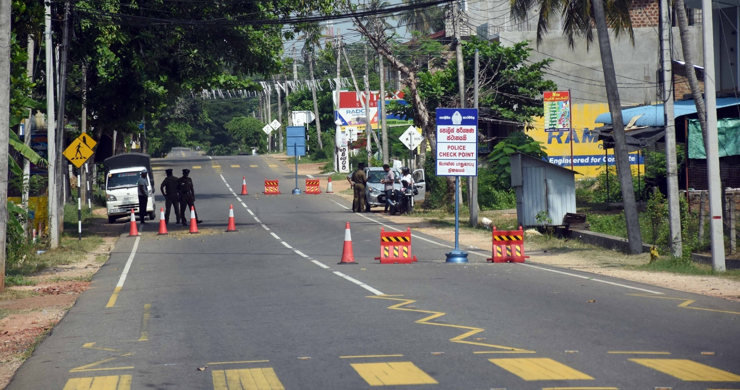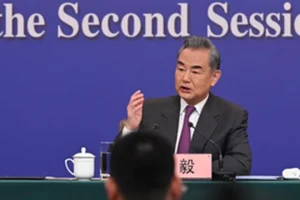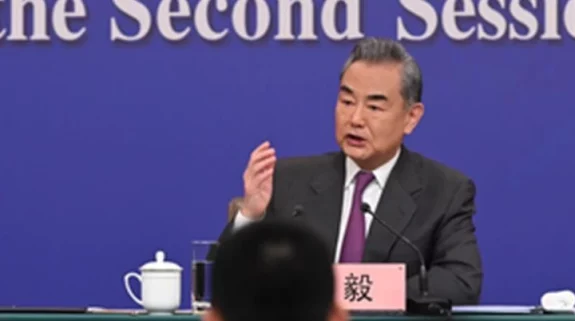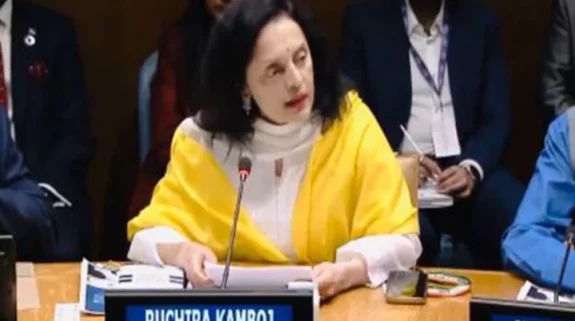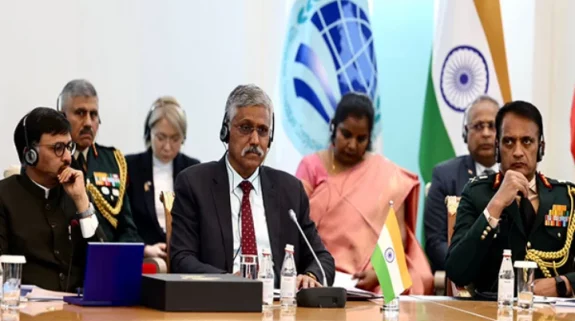The US ambassador to Sri Lanka, Alaina B Teplitz said on Thursday that American firms should be careful about investing in the Colombo Port City (CPC). She added that the US has no reservations about American companies putting their money in the ambitious project but there are certain worrisome aspects.
Teplitz said: “I continue to be concerned about some aspects of that legislation… because there appears to be openings for either corrupt influences or potential for illicit financing, money laundering and things like that. US companies are going to be weary of that”.
The ambassador said the US companies would want to keep their balance sheets clean and in conformity with international norms besides her own country’s 'Foreign Corrupt Practices Act' which prohibits US citizens from paying bribes.
Teplitz mentioned that the US has imposed sanctions on one of the Chinese companies involved in the project. “Doing business with that company might not be advisable,” she said.
The ambassador was speaking at a discussion in Sri Lankan capital Colombo where she said that the US concerns apply to not only American firms but other companies as well.
The controversial CPC is a special economic zone that Sri Lanka has carved out from the sea with Chinese help. The island nation wants to create a city on the lines of Dubai and Singapore which can attract investment from across the globe. The government thinks it is possible for the CPC to become a magnet due to Colombo's centrality to global shipping lanes.
The China Harbour Engineering Company (CHEC) has been awarded the ambitious project in exchange for a 116 hectares plot of land given on a 99-year lease.
The parliament recently cleared the Colombo Port City Commission Bill after much opposition from powerful quarters–religious heads, trade unions, Opposition parties and even professional organisations. Many leaders say that due to the opaque governance structure of the CPC, Sri Lanka will lose sovereignty to China.
The Sri Lankan civil society is still asking 'who owns the project and who benefits from it', due to complicated clauses over the ownership, governance and running of the Colombo Port City Commission.
What is known is that the State will earn revenue from commercial, residential and retail assets that will be created by the Chinese company. What remains a grey area is how much and when will those revenues accrue to Colombo.
Experts fear that the Chinese have successfully slipped yet another red herring into the strong arms of the Gotabaya brothers–the president and the prime minister–after the Hambantota Port.
More on Sri Lanka
Expensive Chinese vaccines stir hornet’s nest in Bangladesh, Sri Lanka
Sri Lanka in major language controversy as Mandarin replaces Tamil on signages
Sri Lanka asks Chinese embassy to 'educate' employees over military-style uniforms






